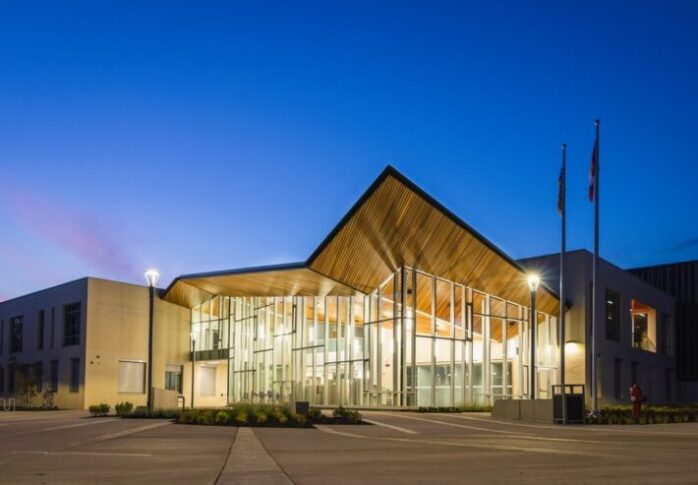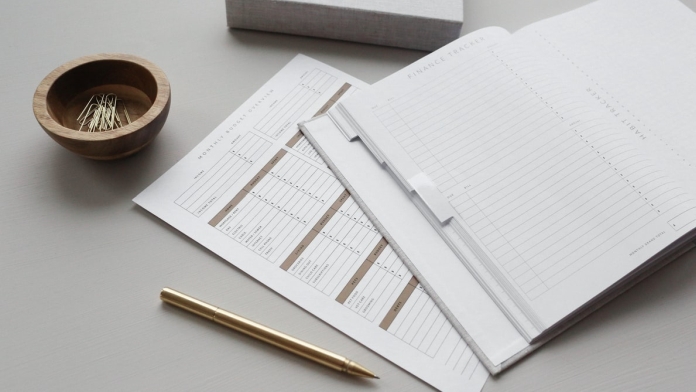
Facilities management is an ever-evolving practice. It evolves to meet the changing workplace environment and to accommodate new trends. Most of these trends tend to ensure efficiency and effectiveness. As technology becomes more integral in workplaces, facilities management is becoming more data and analytics-focused. Every improvement is to make the workplace more productive and efficient. Here are the top facilities management best practices to improve your workplace.
Use software to centralize facility management

Most of the facilities managers struggle with soiled data in delivering at their work. Whether it’s for space utilization, building upkeep, or managing other resources, the system has failed. However, it is a different time. The use of facility management software, according to LimbleCMMS, makes it possible to make data-informed decisions. The software details holistic data and analytics that help the facility managers make better decisions when managing assets. The software can assess how the various facilities relate and plan for eventualities before it occurs. There are various facilities management software depending on the needs. For example, an Integrated Workplace Management System (IWMS) works best for real estate space management and floor plans. An Enterprise Asset Management (EAM) aids in managing assets within the workplace. It records and tracks every asset and ensures maintenance schedules. Whatever software you choose should match your organization’s needs.
For more information about software solutions, visit https://www.facilitron.com/facility-owners/facility-management-software/.
Involve your team

The best way to create and implement a facilities management program is by including your team. Come up with a standard process, let the team become well conversant, and then implement it. Involving the team as early as possible helps for psychological preparation. They don’t have to scramble around when they realize imminent changes at the last minute. Also, the team is likely to cooperate more when they feel like part of the changes. Talk to your employees to get their feedback and the effects they would like to see in the system. Various views means a better system in the long run.
Automate and streamline facilities operations

Facilities management involves various repetitive tasks that will take most of your time. Automating things like HVAC and lighting systems comes with increased efficiency. For example, set your lighting to go either on or off depending on time and weather conditions. The HVAC works depending on the building occupancy. By automating these simple routines, you get to save the facility energy and money. Streamlining your workflow is a best practice of facilities management as it ensures consistency and efficiency. Rarely will you complain of having forgotten to perform a task. You can also streamline your facility management operations by eliminating paperwork. Only use paperwork for tasks that cannot be handled online or as electronic work.
Customize management to fit your facilities needs

When it comes to facilities management, there is no one-size-fits-all approach. Every organization has various specific requirements which they can fulfill differently. For example, while one facility can be all about asset management and scheduling, another might be looking for event scheduling services. The more the workplaces become more complex, the more different the needs become. For the best practices in facilities management, look for a system that meets your workplace demands. A customized system helps shape and contribute to the business positively. You can use it to track and report all the details about the various facilities’ processes. As such, you provide the best tools and ensure all decisions work best for the business.
Enable mobile access
While facilities management software ensures convenience at the workplace, having to access it from a desktop still takes time. It becomes particularly hectic with most employees currently working from home. Enabling mobile access is a best facilities management practice due to the accessibility. It also saves the organization time and money. Unlike before when an employee had to speak to the facilities manager, mobile allows for easy schedule and request for service. Mobile access also helps avoid downtime. The software provides notifications in case of any pending or incomplete tasks. As such, the facilities managers can keep abreast of schedules and employees’ needs at all times. There is no time wasted due to downtime hence more productivity and increased revenue.
Make budgeting a priority

Saving the organization money is one of the reasons why facilities management software is popular. Still, you can do a better job saving even more when you leverage planning.
Proper budgeting helps you mitigate the various business maintenance needs then look for the less costliest way to achieve it. Use data and analytics to prepare a sufficient budget. The data will help you find the best opportunity to save costs and eliminate extra costs.
You might also consider outsourcing as a way of saving costs. Instead of handling everything by yourself, let a professional facilities management company take care of your organization’s management needs. You can then use the time to concentrate on the other productive aspects of the business. It increases business revenue by saving time and money while improving productivity.
Recognize and capitalize on trends
As technology changes, so do the facilities management trends. What was once the best practice can change within a short time. The current trend in facilities management is data-driven decisions and analytics. Collect all the essential data, then translate them for the best decision. Using the correct data will ensure the best facilities management plan for your firm. You don’t have to waste time or money on looking into everything available. Instead, use the available data to understand where to concentrate. Data-driven decision-making is likely to stay around for some time as the age of IoT takes shape. Keep abreast with all the changes in the facilities management sector. Being more forward-thinking helps you beat the competition as you leverage the best industry practices.
Bottom line
The best practices in facilities management are all about ensuring the best decision-making for your company. Gone are the days when you would take any facility management service hoping it works. The facilities management is data-driven, with every output customized to meet a particular organization’s needs.











